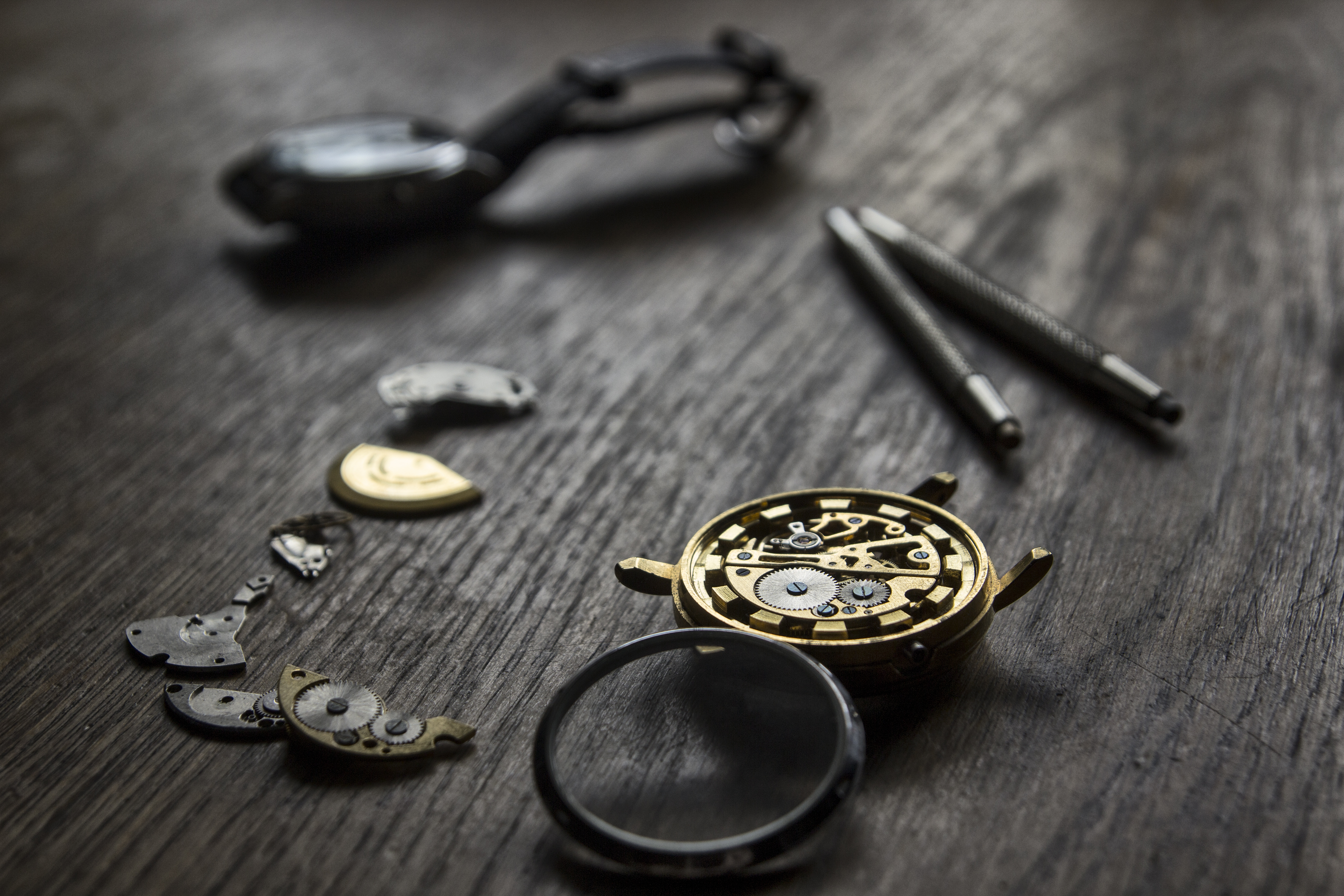
Post 2-Top 10 Chinese Movement Factories?
The Fascination with Chinese Watch Movements Ever wondered why Chinese watch movements are becoming all the rage? Well, as the
Ever wondered why luxury watch cases are such a big deal? Let me tell you, as the owner of Watch Idea, crafting the perfect watch case is a blend of art and science. Our watch cases aren’t just about holding the guts of a watch; they’re about making a statement. From the sleek lines of 316L stainless steel to the unique texture of carbon fiber, each material tells a story.
So, what makes a great watch case? Durability, aesthetic appeal, and sometimes, a bit of extravagance. With our top-tier Asian watchmaker leading the way, we’ve experimented with various materials to bring you the best. Intrigued? Let’s dive into the top 10 watch case materials and see which brands use them, and their pros and cons.
316L stainless steel is a favorite in the watch industry. It’s used by big names like Rolex and Omega. Why? Because it’s durable, resistant to corrosion, and has a sleek, modern look. Plus, it’s hypoallergenic.
Pros:
Cons:
904L stainless steel is a step up from 316L. Rolex swears by it. It’s tougher, more resistant to corrosion, and has a brighter finish. It’s perfect for those looking for something extra.
Pros:
Cons:
Titanium is the go-to for brands like Breitling and IWC. It’s lightweight but incredibly strong. Plus, it has a distinct look that sets it apart from traditional metals.
Pros:
Cons:
Carbon fiber is all about that high-tech, futuristic vibe. Used by brands like Richard Mille, it’s super light and incredibly strong. Perfect for sporty, high-performance watches.
Pros:
Cons:
Gold is the epitome of luxury. Brands like Patek Philippe and Audemars Piguet use 18K gold for their high-end models. It’s not just about the look; it’s about the statement it makes.
Pros:
Cons:
Combining stone with stainless steel creates a unique aesthetic. Brands like Cartier have experimented with this to offer something truly different. The contrast of materials can be stunning.
Pros:
Cons:
Combining stone with stainless steel creates a unique aesthetic. Brands like Cartier have experimented with this to offer something truly different. The contrast of materials can be stunning.
Pros:
Cons:
K9 mineral glass is a cost-effective alternative to sapphire. Brands like Seiko use it for a good balance of durability and cost. It’s a solid choice for mid-range watches.
Pros:
Cons:
Ceramic is used by brands like Rado for its unique look and feel. It’s light, incredibly scratch-resistant, and can come in various colors. Plus, it’s hypoallergenic.
Pros:
Cons:
Aluminum is lightweight and easy to mold, making it a popular choice for brands like Swatch. It’s not as durable as steel or titanium but offers a good balance of cost and performance.
Pros:
Cons:
Choosing the right watch case material is crucial for any watch brand. It’s not just about looks; it’s about durability, comfort, and the statement you want to make. At Watch Idea, we offer a range of materials to suit your needs, backed by our expertise and passion for watchmaking. So, whether you’re a watch designer, sourcing manager, or an individual watchmaker, we’ve got you covered.

The Fascination with Chinese Watch Movements Ever wondered why Chinese watch movements are becoming all the rage? Well, as the

Top 10 Watch Case Materials? Table of Contents The Fascination with Luxury Watch Cases Ever wondered why luxury watch cases

Lorem ipsum dolor sit amet, consectetur adipiscing elit. Ut elit tellus, luctus nec ullamcorper mattis, pulvinar dapibus leo.
Followed Us by
WhatsApp us